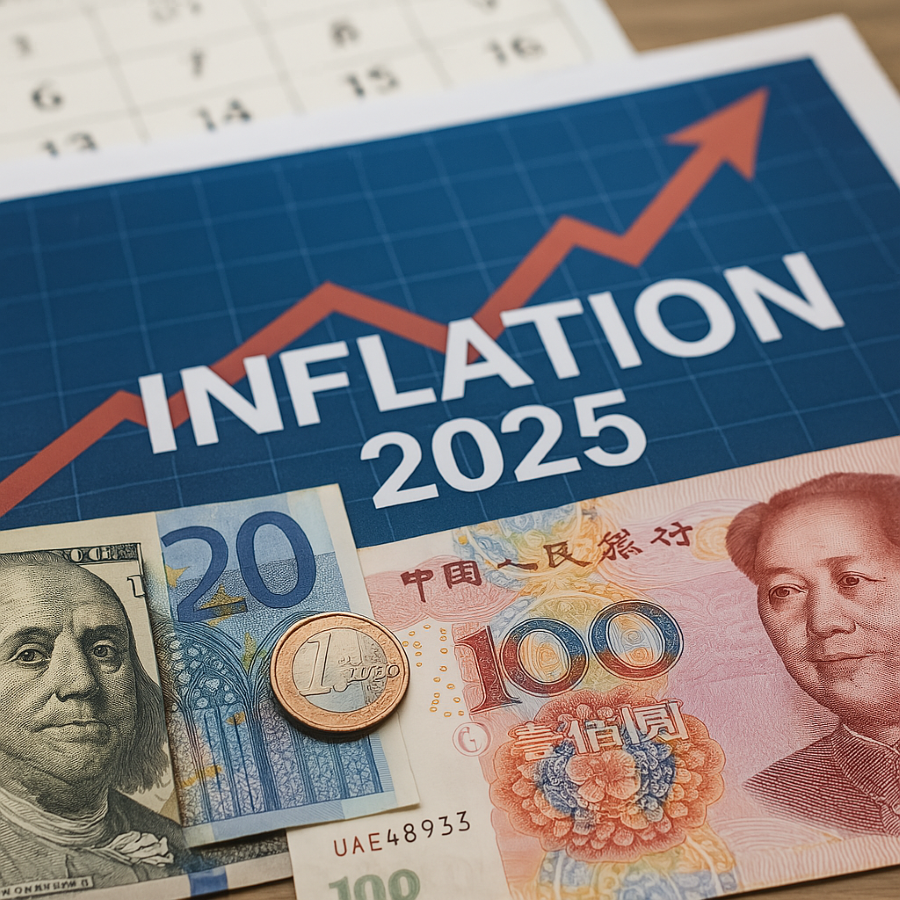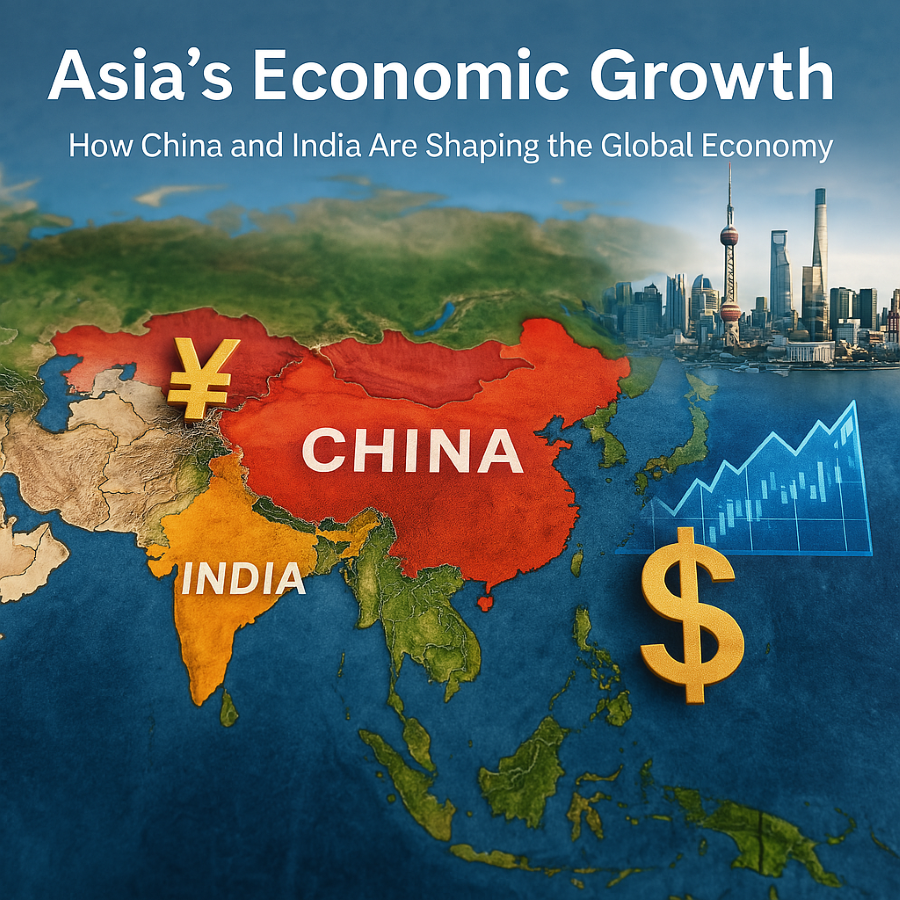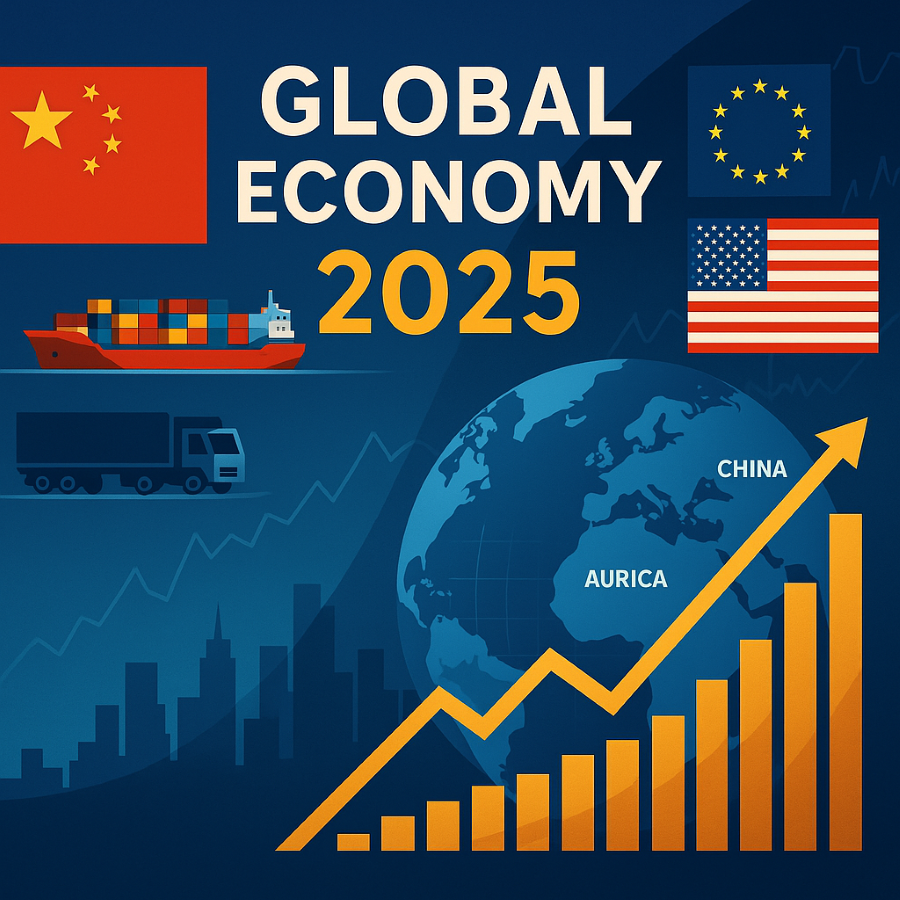How Does the Global Economy Shape the U.S. Market?
The U.S. economy is deeply interconnected with global markets. In 2025, international trade, supply chains, and geopolitical relations will play a crucial role in shaping economic trends. Understanding how China, Europe, and Latin America affect the U.S. is essential for businesses, investors, and policymakers.
China: Trade Wars, Supply Chains, and Investments
China remains one of the biggest economic forces influencing the U.S. economy. Key factors to watch include:
- Trade relations: Ongoing negotiations over tariffs and trade restrictions impact imports and exports.
- Supply chain dependencies: U.S. companies rely on Chinese manufacturing for technology, automotive, and consumer goods.
- China’s economic slowdown: A weaker Chinese economy can reduce global demand, affecting U.S. businesses.
Europe: Inflation, Banking Policies, and Energy Markets
The European Union is a major trade partner of the U.S. and plays a crucial role in global financial stability.
- Central bank policies: European interest rate decisions influence global investment flows.
- Energy crisis impact: Dependence on Russian gas and the transition to renewables affect global energy prices.
- U.S.-EU trade agreements: Cooperation in technology and green energy opens new investment opportunities.
Latin America: Commodities, Trade Growth, and Political Shifts
Latin America is an emerging economic region with growing importance for the U.S. economy:
- Commodities exports: Oil, agricultural goods, and minerals from Latin America impact U.S. supply chains.
- Nearshoring trends: U.S. companies are shifting production from Asia to Latin America to reduce dependency on China.
- Political shifts: Economic stability in countries like Brazil and Mexico influences trade policies.
How Global Markets Affect Everyday Americans
The global economy doesn’t just impact businesses—it affects daily life in the U.S.:
- Price fluctuations: Imported goods and raw materials influence inflation and consumer prices.
- Job market changes: International trade affects job creation in manufacturing, tech, and finance.
- Investment risks and opportunities: Stock markets react to global economic shifts, influencing 401(k)s and savings.
Strategies to Navigate Global Economic Changes
With uncertainty in global markets, here’s how individuals and businesses can prepare:
- Diversify investments: Reduce risk by investing in different regions and sectors.
- Stay informed on trade policies: Follow economic news to anticipate market changes.
- Adopt resilient business strategies: Companies should adjust supply chains to mitigate risks from global disruptions.
Final Thoughts: The U.S. and the Global Economy in 2025
The interconnected nature of the global economy means that events in China, Europe, and Latin America directly impact the U.S. By staying informed and strategically adapting, businesses and individuals can navigate economic shifts successfully.




